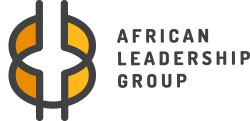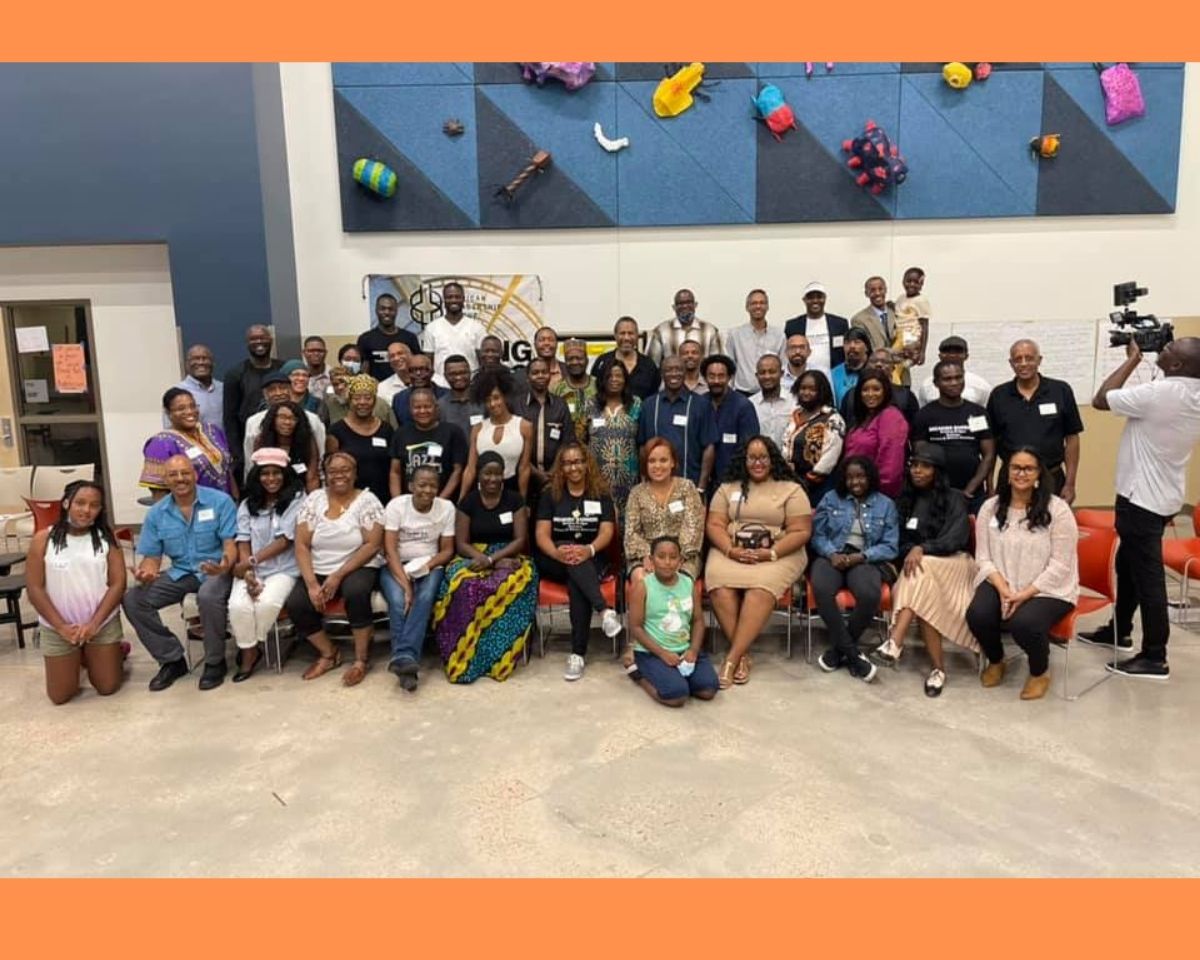As the inaugural class of ALG’s Leadership Africa program nears graduation, community leadership projects conceived by participants have taken shape.
Leadership Africa is a professional and civic leadership program designed for members of the African Diaspora and African American community living and working in the greater Denver/Aurora area. The community projects are a key component of the nine-month program.
Participants split into four separate groups, each of which devised its own unique project in the following areas: homelessness; mental health; breaking down barriers between African immigrants and African Americans; and voter registration.
Here are brief descriptions of each project:
Homelessness:
This group decided to focus on one particular aspect of homelessness, one sub-population of people experiencing homelessness, and one part of the Denver metro area — Aurora.
Some people, even families, without a roof over their heads have a car or van, and sleep there. But finding safe, secure places to park can be a challenge. In Aurora, advocates and city officials are working on safe camping and safe parking sites for these individuals and families.
Once the city designates a safe parking location, the Leadership Africa group focused on homelessness plans to develop an informational pamphlet detailing options that members can distribute to people experiencing homelessness.
“Our handout will direct homeless people to a place that has been created for their vehicles, so that they can park safely and also get other things they need, like a place to take a shower,” said group member Abdul Pessima.
Mental health:
“Talking about mental health in the African immigrant community is seen as taboo, and we want to help break down that stigma,” said Anne Attouah, a member of the group focused on mental health issues.
To do this, her group has conducted a survey to determine community views on discussing mental health. During August’s Afrik Impact events, group members publicized the survey and provided a QR code people could use to take the survey on their phones. About 50 people participated.
Anne said that the team also conducted a focus group, the results of which were “very interesting. We scheduled an hour and it went another hour. Everyone had a lot to say, and especially the youth.”
The mental health group hopes its work will continue after Leadership Africa ends, but before that, as a capstone to the project, they plan to hold a storytelling event. “We’re going to have people in the community, African immigrants, who have dealt with mental health or people who are still dealing with mental health issues, and also find available resources to share with the community,” Anne said. “We will have videos, we will have teachers and also somebody to write a poem to create awareness about mental health, and also encourage people to talk about mental health at home.”
Breaking Barriers:
“Our project is not a project; it has turned into a movement,” said Papa Dia, ALG’s founder and executive director, and a member of the Breaking Barriers group. The idea behind the movement is to create space for dialogue “between the African Immigrant and the African American,” Papa explained.
“There are a lot of issues that never get talked about between those two communities, and especially knowing the fact that on the surface, we have similarities. Knowing we are all black but our journey has been extremely different,” Papa said. “There’s a lot of stereotyping between those two communities and we have never had the opportunity to come together, have a conversation around these issues.”
After conducting a survey of 200 people during Juneteenth and Black Arts Festival celebrations, the Breaking Barriers group convened a forum in mid-September attended by leaders from both communities. Here is what Papa wrote on Facebook about the event after it ended:
“Today, we convened a large group of African immigrants and African Americans for a raw and real conversation about unity. It was deep. We presented data from a community survey. Brothers and sisters shared their insights and experiences. We envisioned an empowered future and mapped out ways to get us there—together. The room was filled with love, optimism, and determination. Onward!”
The movement will continue, Papa said. “Our next step is to make sure that this is not just a project for our group, not a project for the African Leadership Group, but a project for the entire community, so we can leave something tangible for the next generation.” People who attended the forum pledged to start attending each other’s events, to foster camaraderie and mutual understanding.
Voter participation:
Given the concerted effort being made, particularly by Republicans in some states, to suppress the votes of people of color, this Leadership Africa group decided to tackle this issue head-on. What group members quickly found is that members of the African immigrant and African American communities tend to participate in elections in ow numbers, even without efforts to suppress the vote.
Group member Fesehaye Abrhaley said a survey his team conducted yielded about 50 responses, and uncovered a few reasons why voter participation is so low among African immigrants.
First, he said, many candidates do not engage with the African immigrant community, and as a result, potential voters aren’t familiar with people running for office. “If people don’t know who the candidates are, and where they stand on issues, they will not have interest in participating in the election,” Fesehaye said.
Second, voter restriction laws and news about them tend to frighten potential immigrant voters away. “It causes people not to trust the system, to think their vote doesn’t matter,” he said. Third, the increasing number of claims of stolen elections and fake results tend to turn off potential voters and decrease their interest in participating.
And finally, lack of access to voting is another barrier. Although Colorado has all-mail ballots, some people are not aware of this, or prefer to vote in-person, but lack transportation to get to polling places.
ALG and the Leadership Africa voter participation group are working with the Aurora NAACP to devise ways to attack all of these challenges. One key strategy will be to get candidates for all kinds of offices to attend forums jointly sponsored by ALG and the NAACP.


